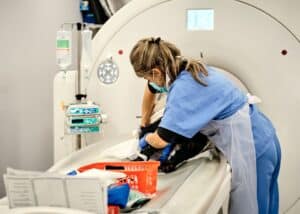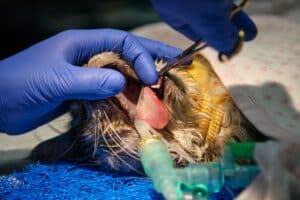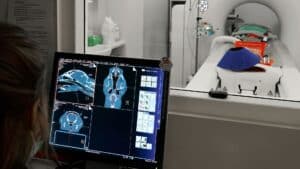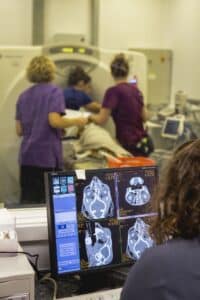Services that Anderson Moores provide
Our standard of clinical care is high, as you would expect from a specialist led referral hospital team that includes nationally and internationally recognised vets. Each one of them dedicated to providing your pets with the very best surgical and medical treatment and care.
Our multi-disciplinary approach means that your pets are managed by specialist led teams covering a wide range of disciplines.










